1. Jerry Lewis: The Volatile Humanitarian
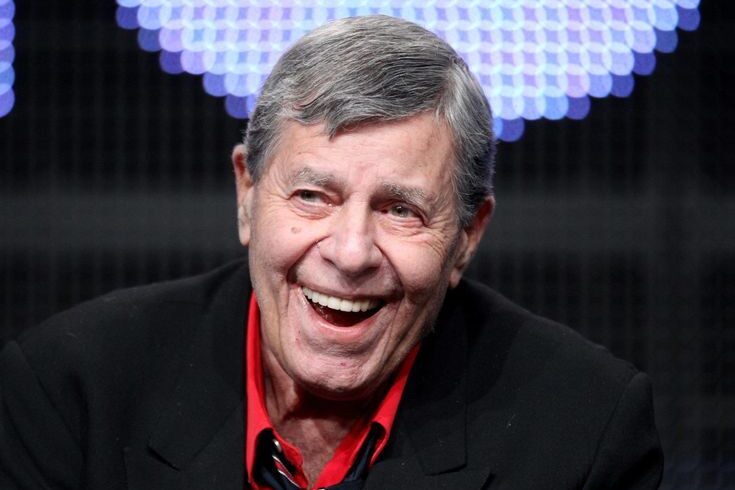
Hollywood has always been a master of illusion, presenting us with idols who seem flawless, magnetic, and larger than life. Yet, for many of the biggest stars, the person the world adored was a carefully constructed mask.
Beloved worldwide for his manic slapstick comedy and the incredible fundraising success of the annual MDA Telethon, Jerry Lewis was publicly hailed as an unparalleled humanitarian. His on-screen persona was that of a harmless, goofy eccentric. However, numerous biographies, interviews with former colleagues, and accounts from his own family paint a drastically different private picture. Lewis was often described as volatile, demanding, and possessed of a cruel streak. He had strained, often non-existent relationships with his own children, some of whom felt he prioritized his public image and career over fatherhood. His dual legacy as a comic genius who pioneered a new form of physical comedy and a deeply complicated, arguably abusive, family figure makes him one of Hollywood’s most debated icons. The contrast between the philanthropic, gentle clown and the man behind the scenes is startling.
2. Bob Hope: The Playboy Patriot
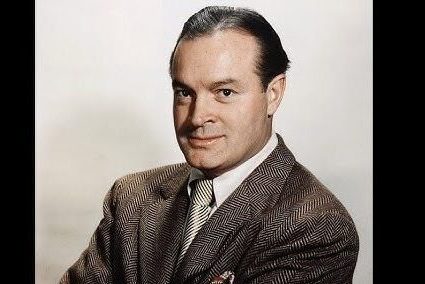
On stage, Bob Hope was the embodiment of American patriotism, known for his relentless wit and a career-long dedication to entertaining troops overseas through the USO. He projected an image of a squeaky-clean, devoted family man. Off stage, however, Hope lived a surprising playboy lifestyle. His biographers and those close to him detailed his frequent, long-term extramarital affairs, which began early in his career and continued for decades. This reality stood in stark contrast to his wholesome, All-American public image. His tireless service to the military was genuinely appreciated, but his personal ethics were far more complicated than the public knew. The contradiction between the dedicated performer who brought laughter to millions of service members and the serial womanizer is a testament to the powerful illusion of celebrity.
3. Bob Saget: The Raunchy TV Dad
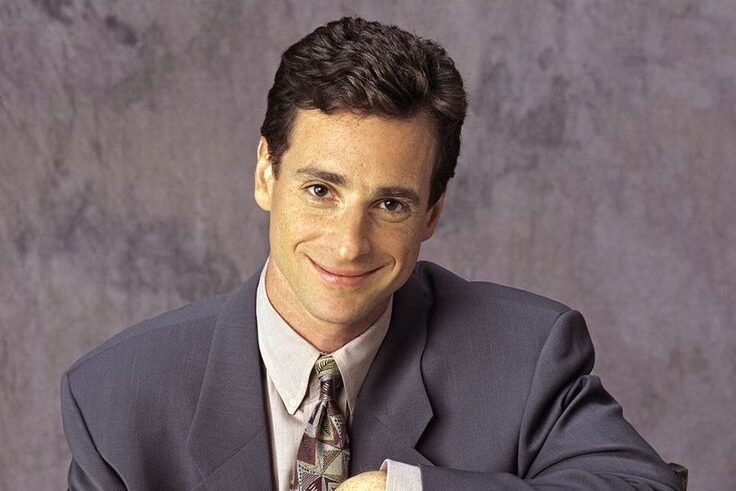
For millions, Bob Saget was synonymous with family wholesomeness as the loving father Danny Tanner on the hit sitcom Full House and the genial host of America’s Funniest Home Videos. He cultivated a brand of gentle, family-friendly humor. Yet, Saget had a secret life as a stand-up comedian whose material was notoriously raunchy, irreverent, and gleefully dirty. This gap between the TV dad and his real humor was enormous, often shocking fans who attended his comedy shows. While his comedy was adult, those who knew him best described him as warm, kind-hearted, and incredibly generous in his personal life, using his off-camera time to support various causes. His post-mortem reputation settled on him being a deeply good man who simply possessed an unexpectedly blue, uncensored sense of humor, proving the TV persona was only half the story.
4. Lucille Ball: The Formidable Mogul
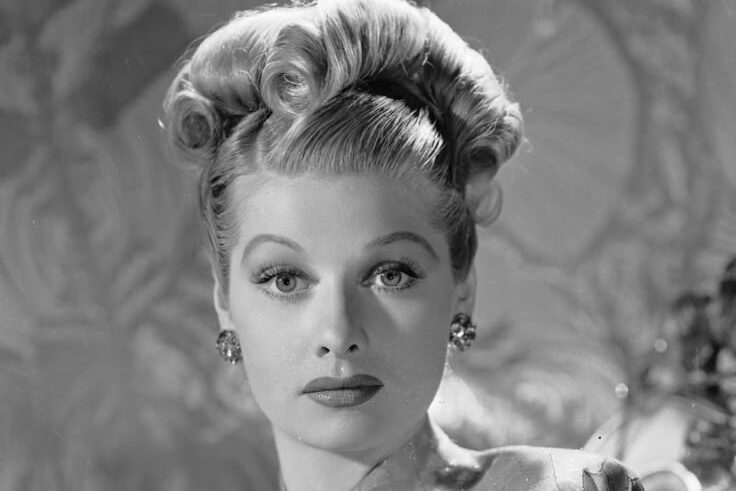
Lucille Ball defined television comedy with her role as the charming, scatterbrained Lucy Ricardo in I Love Lucy, radiating a unique blend of warmth and frantic energy. The character she played was often seen as ditzy but endearing. Off-camera, however, Ball was revealed to be a shrewd, intensely intelligent businesswoman who was far from scatterbrained. Alongside her then-husband Desi Arnaz, she co-founded Desilu Productions, which became a massive Hollywood powerhouse. She pioneered technical and business aspects of television, including the three-camera technique and retaining ownership of her show’s negatives, an unheard-of move at the time. Colleagues often spoke of her toughness, laser-like focus, and unyielding perfectionism. Ball wasn’t just funny; she was a formidable executive and innovator whose real-life brilliance eclipsed the zany character she made famous.
5. Marlon Brando: The Activist and the Abuser
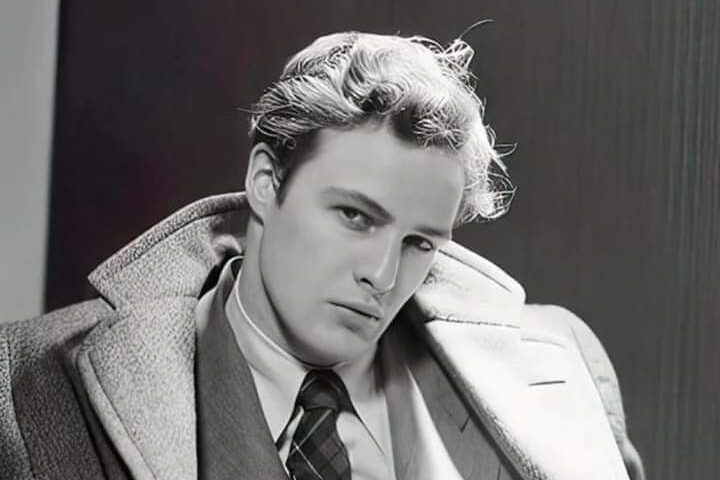
Marlon Brando’s on-screen magnetism and revolutionary approach to acting made him a cinematic legend, often playing intense, brooding, yet sensitive men. Privately, his life was often chaotic and tragic. He was known to be erratic, deeply troubled, and his personal relationships were often volatile and at times abusive. Stories of his unpredictable behavior, chaotic finances, and demanding nature on film sets became legendary, shadowing his acting reputation. However, Brando also had a less-publicized but significant side as a genuine activist. He was a committed, outspoken supporter of the Civil Rights Movement and, most notably, a tireless advocate for Native American causes, famously sending an activist, Sacheen Littlefeather, to decline his Oscar for The Godfather as a protest. He remains a figure embodying stark contradictions: a man both destructive in his personal life and deeply compassionate toward social injustices.
6. Marilyn Monroe: The Intellectual Battler
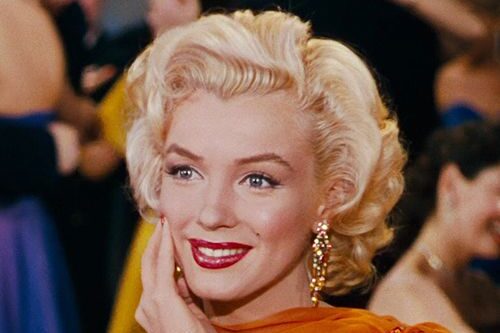
To audiences around the globe, Marilyn Monroe was the ultimate sex symbol, a vision of carefree, glamorous, and somewhat naive beauty. Her public image was that of the quintessential blonde bombshell. Behind the sparkling facade, however, Monroe was engaged in a lifelong struggle with severe depression, crippling insecurities about her talent, and chronic addiction. Her life off-screen was far more tragic and complex than her persona suggested. What was often missed was her sharp intellect; she was a voracious reader, deeply interested in literature and poetry, and hired tutors to work on her craft. She also showed surprising business savvy by fighting for better contracts and forming her own production company, Marilyn Monroe Productions, to escape being perpetually typecast. Her real life was a painful search for validation that was rarely granted by the industry fixated only on her looks.
7. John Wayne: The Controversial Figure
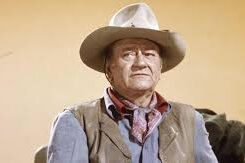
John Wayne, “The Duke,” symbolized the rugged American West and traditional values, often playing stoic, tough-guy heroes. His on-screen image was that of an unimpeachable icon of American masculinity. Off-screen, however, Wayne held deeply controversial and right-wing political views that often clashed with progressive American values. More damaging to his legacy were the racially charged and unapologetic statements he made in interviews about Black and Native American people, views that were highly inflammatory even for his time. While he remains an icon to many who separate the man from the myth, these private beliefs and public comments have increasingly complicated his heroic image for modern audiences. His status as a cultural icon is perpetually tied to the difficult, problematic contradictions of his personal political life.
8. Elvis Presley: The King’s Private Decline
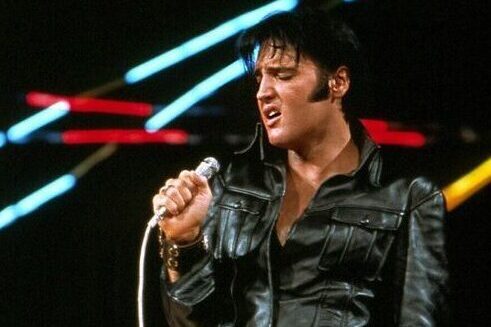
Elvis Presley, “The King of Rock ‘n’ Roll,” electrified audiences with an unprecedented charisma, stage presence, and revolutionary sound. His concerts were defined by raw energy and effortless cool. Off stage, especially in the later years of his life, Elvis struggled immensely. He battled a devastating addiction to prescription drugs, displayed increasingly erratic behavior, and was involved in controlling, complex relationships. The quiet, sad reality of his life behind the gates of Graceland stood in sharp relief to his dynamic stage persona. His physical and mental decline culminated in his premature death, which shocked the world but was sadly predictable to those who witnessed his private struggles. The glamorous, vibrant King was often a lonely, troubled figure in his own home.
9. Joan Crawford: The Darker Side of Glamour
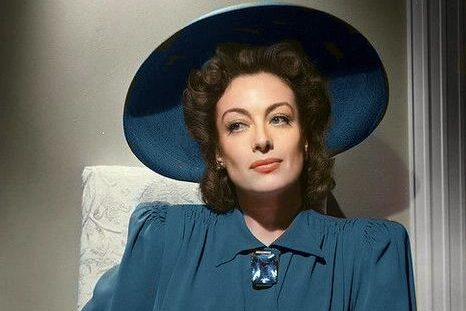
Joan Crawford was the epitome of Old Hollywood glamour, a star who rebuilt her career multiple times and delivered powerhouse performances in classics like Mildred Pierce. Her public image was one of resilience, ambition, and polished sophistication. This image was irrevocably shattered by her adopted daughter Christina Crawford’s 1978 memoir, Mommie Dearest, which painted a portrait of a private life that was shockingly abusive, cruel, and controlling. The book alleged severe physical and emotional mistreatment, cementing an image of Crawford as a deeply troubled, manipulative mother whose off-camera existence was far darker than her elegant public persona suggested. While debates exist about the memoir’s complete accuracy, the allegations fundamentally redefined the public’s perception of the Hollywood star as a figure whose ambition may have crossed into destructive cruelty.
10. Walt Disney: The Exacting, Complex Mogul
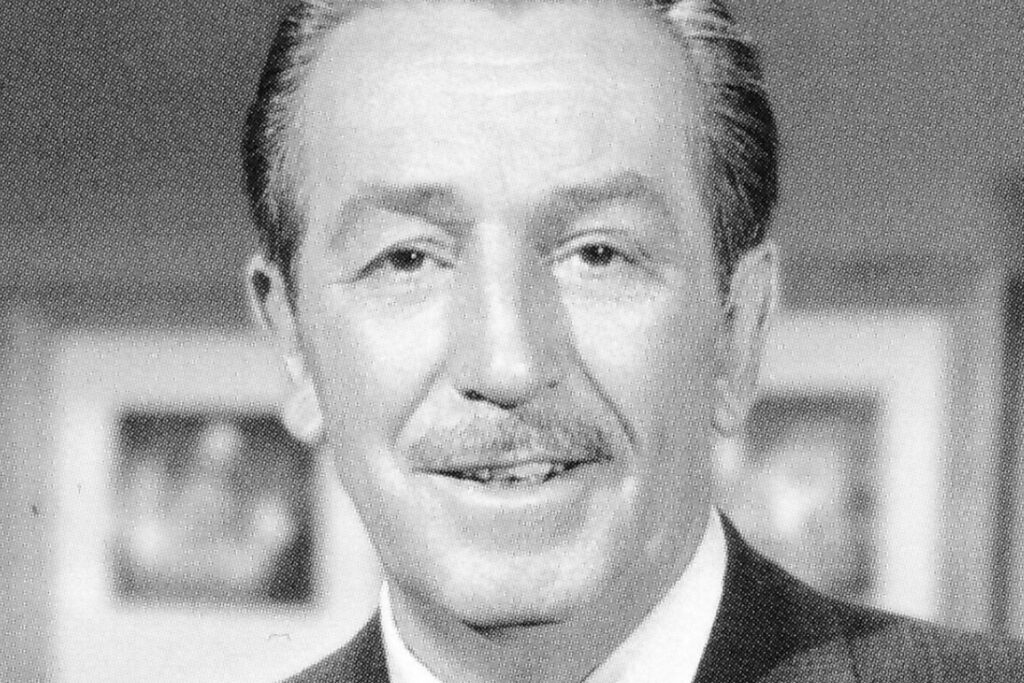
Walt Disney created a brand synonymous with magic, imagination, and universal family fun. His public face, often seen in introductions to his television programs, was warm, genial, and full of grandfatherly charm. Yet, behind the sprawling empire, Disney was known by his employees and biographers as exacting, perfectionistic, and a fiercely controlling figure. He was admired for his incredible vision but was often criticized for his strict management style and, at times, difficult temper. Stories from animators detail a demanding workplace, and his personal political and social views were often seen as rigid and conservative, creating some controversy. His off-camera persona was that of a complex, brilliant, but ultimately tough-as-nails industrialist and creative visionary, a figure much more complicated than the simple, warm image associated with Mickey Mouse.
11. Judy Garland: The Tragic Star
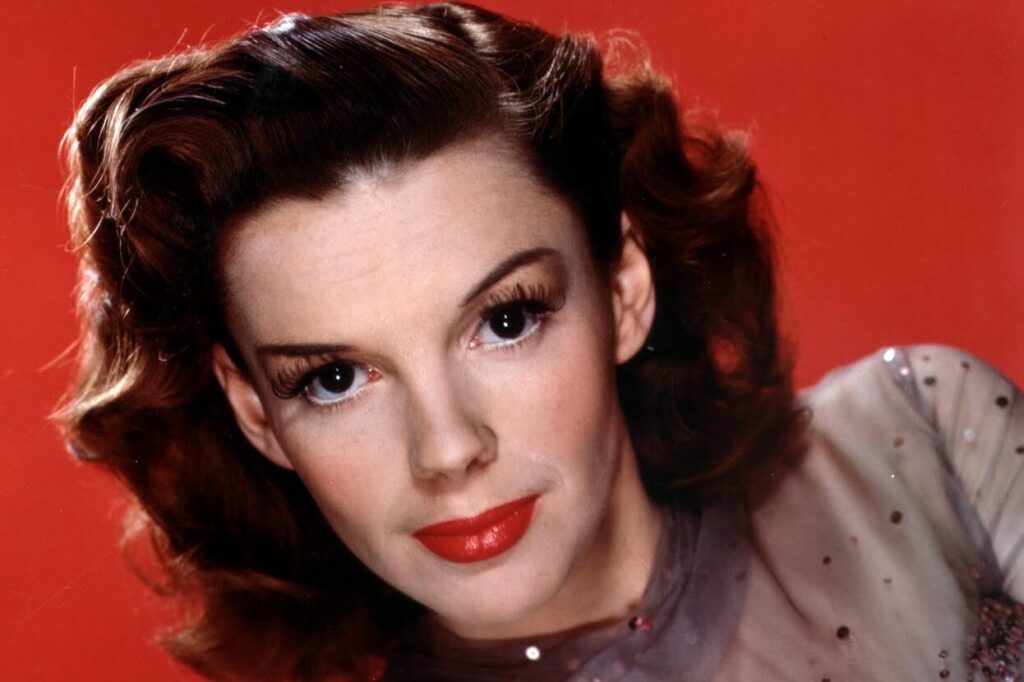
Judy Garland is eternally beloved for her youthful innocence and soaring voice as Dorothy in The Wizard of Oz. Her screen presence radiated a vibrant, almost magical quality. Yet, her life off-screen was tragically filled with hardship, starting with studio pressures in her teenage years that initiated a devastating cycle of substance abuse, financial instability, and emotional trauma. The same studio that made her famous also helped to fuel her addiction, often providing her with pills to keep her working. Despite the chronic struggles that plagued her adult life, she remained a profoundly magnetic performer whose resilience was remarkable. However, her true life was a constant battle against the internal and external forces that sought to control her, painting a reality far more tragic than her luminous on-screen image.
12. Bill Cosby: The Fall of ‘America’s Dad’

For decades, Bill Cosby was perhaps the most wholesome figure on American television, universally revered as “America’s Dad” through his beloved, family-focused show, The Cosby Show. His on-screen persona projected an image of wisdom, paternal warmth, and unimpeachable morality. The revelation that he had allegedly lived a secret life of sexual abuse and predation shattered this carefully constructed public image. The sheer scope of the allegations and subsequent legal proceedings turned one of television’s most trusted, wholesome figures into one of the most disgraced in entertainment history. His fall from grace was a profound cultural moment, exposing the devastating gap between a carefully curated public persona and a hidden, darker private reality.
13. Robin Williams: The Private Pain
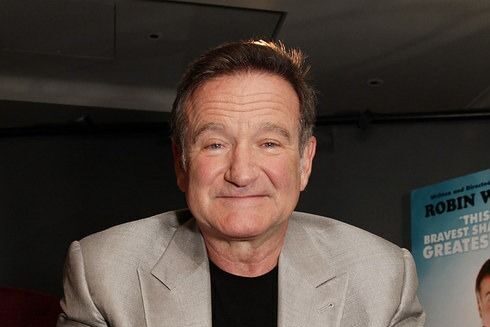
Robin Williams was a force of manic, joyous energy on stage and screen, known for his relentless, stream-of-consciousness comedy and ability to deliver profound dramatic performances. He radiated an infectious, life-affirming enthusiasm. Off stage, however, Williams struggled profoundly and privately with severe depression, anxiety, and periods of addiction. Friends and colleagues consistently described him as a man of extraordinary kindness and generosity, but also deeply sensitive and burdened by his internal struggles. His death by suicide revealed the profound, heartbreaking gap between the laughter and happiness he effortlessly gave to millions and the unrelenting pain he endured privately, making his life a powerful, poignant example of a complex, often suffering, genius.
14. Charlie Chaplin: The Ambitious, Controversial Artist
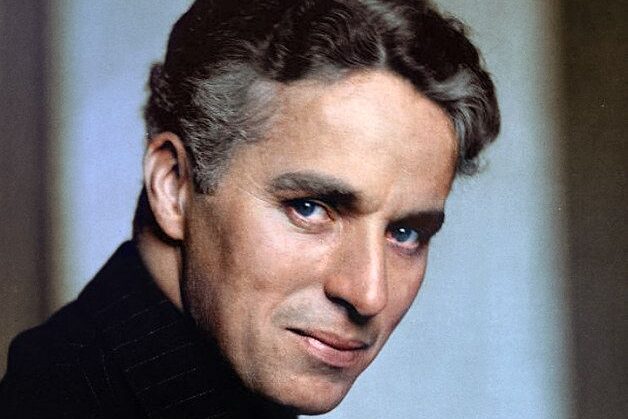
Charlie Chaplin, with his iconic character “The Little Tramp,” made audiences around the world laugh with a simple, poignant, and endearing physical comedy. The Tramp was often a symbol of the common man, innocent and optimistic. Privately, Chaplin was an intensely ambitious, politically outspoken, and fiercely controlling figure in his own film production. His private life was frequently mired in public controversy, particularly over his relationships and marriages with much younger women, which were highly scrutinized by the press and led to legal battles. While his artistry and charm were undeniable, his off-screen choices and controversial public stances complicated the simple, sweet image of his most famous character, revealing a complex man driven by both genius and personal impulse.
15. Frank Sinatra: The Crooner and the Enforcer
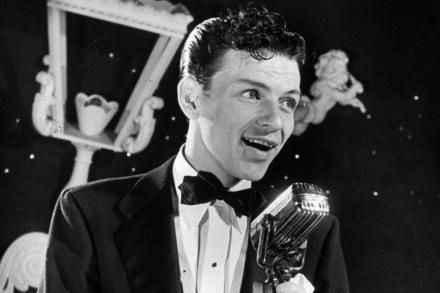
Frank Sinatra, “The Chairman of the Board,” was the epitome of suave sophistication, an effortless crooner whose stage presence was a blend of cool magnetism and effortless style. He was seen as a dominant cultural figure in music and film. Off-stage, however, Sinatra possessed a volatile temperament, had a series of complex and dramatic personal relationships, and was famously linked to figures in organized crime. This darker, more complex side of his life often overshadowed his artistic achievements. Yet, he was also known for his fierce loyalty to friends and his surprising, often unpublicized philanthropic generosity. He embodied extreme contradictions: a golden-voiced star whose private life was often dictated by a temper and connections that were far from smooth.
16. Doris Day: The Financial Victim
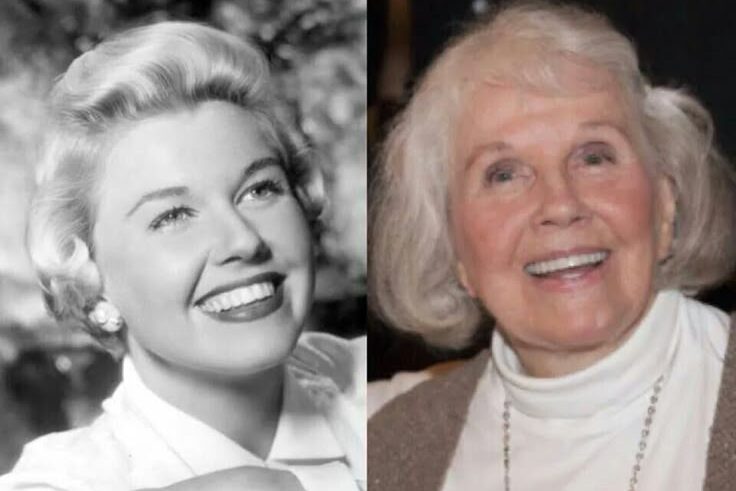
Doris Day earned the title of “America’s Sweetheart” through a string of sunny, wholesome romantic comedies and her beautiful singing voice. Her on-screen persona was one of cheerful optimism and simple, appealing charm. Off-screen, however, her life was marked by significant hardship, particularly financial betrayal. Following the death of her third husband, she discovered he had squandered her fortune and left her deep in debt due to fraudulent investments and mismanagement. This forced her into television for financial recovery. Personally, she was described as much more private, serious, and reserved than her public image suggested. In later life, she withdrew from Hollywood to devote herself to animal rights and welfare, showing a deeply committed, passionate side far removed from her cheerful movie roles.
17. Cary Grant: The Introspective Seeker
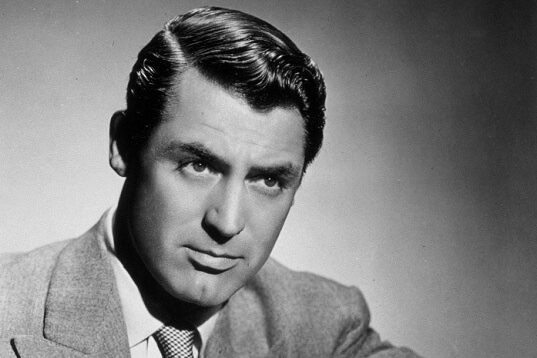
Cary Grant defined a certain kind of debonair sophistication in Hollywood, playing charming, witty, and effortlessly stylish leading men. His on-screen image was flawless elegance. In reality, Grant was a deeply shy, introspective, and anxious man who felt he was playing a role even in his private life. He felt the persona of “Cary Grant” was a performance, often saying he wished to be the character he played. To cope with his insecurities and search for happiness, he pursued various forms of therapy, most notably undergoing extensive LSD treatments in the 1950s and 60s, a controversial and deeply private decision at the time. Friends and biographers noted he was far more complex and troubled than his roles ever suggested, highlighting the contrast between the world’s most charming man and a man desperately seeking inner peace.
18. Bob Dylan: The Elusive Private Man

To his fans, Bob Dylan was the voice of a generation, a protest singer, and a cultural revolutionary whose lyrics were treated as sacred texts. His public image was that of an enigmatic folk hero and poet. In person, Dylan was famously elusive, prickly, and fiercely private, often deeply resentful of the mythical role that fans and critics had assigned him. He actively resisted the labels and the expectations, often giving combative or nonsensical interviews to throw journalists off his trail. His shift to electric music, his move to more traditional styles, and his general withdrawal from the public spotlight were all ways he asserted his private life over his public myth. His off-camera persona was that of a man who fiercely guarded his personal space and resisted being trapped by the massive cultural icon he had inadvertently created.
19. Katharine Hepburn: The Anti-Glamour Icon
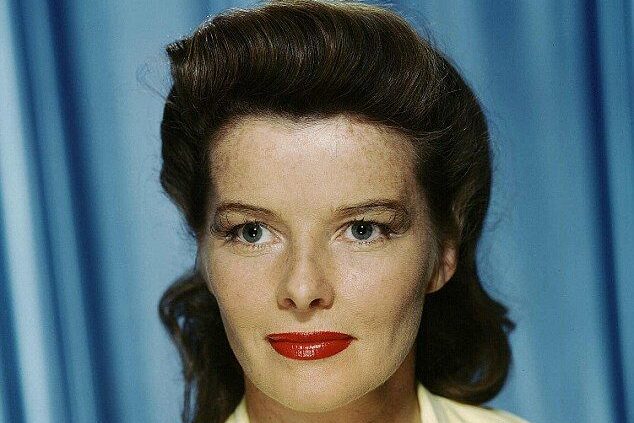
Katharine Hepburn was a true original on screen, embodying bold independence, sharp wit, and a non-conformist spirit. For her, the character she played often closely mirrored her real-life qualities. However, unlike most stars of her era, she utterly rejected the Hollywood publicity machine, refusing to sign autographs, grant interviews she found frivolous, or engage in the expected glamour. She preferred wearing trousers and simple clothes, prioritizing comfort and honesty over industry standards. Fans expecting the typical Hollywood diva often found her off-camera demeanor to be brusque, blunt, and at times, cold. She was intensely private and guarded her personal life ferociously, making her a star who, while always herself, chose to build a wall of distance between her true self and the world’s expectations.
20. Richard Pryor: Genius Drawn from Pain

Richard Pryor is widely considered one of the greatest and most influential stand-up comedians of all time, making audiences roar with laughter by drawing deeply and fearlessly from his own life. His stage presence was explosive, innovative, and raw. Yet, off-stage, Pryor’s life was a brutal, public cycle of struggle. He wrestled with severe drug addiction, volatile, often abusive relationships, and a profound, public self-destructive behavior. His comedy, though brilliant, often served as an unvarnished mirror to his own pain and dysfunction. His genius and his personal struggles were inseparable, and the laughter he elicited was often a direct result of the trauma he survived. He was a man whose comedy saved millions from taking life too seriously but couldn’t entirely save himself from his private demons.
21. Fred Rogers: The Quiet Radical
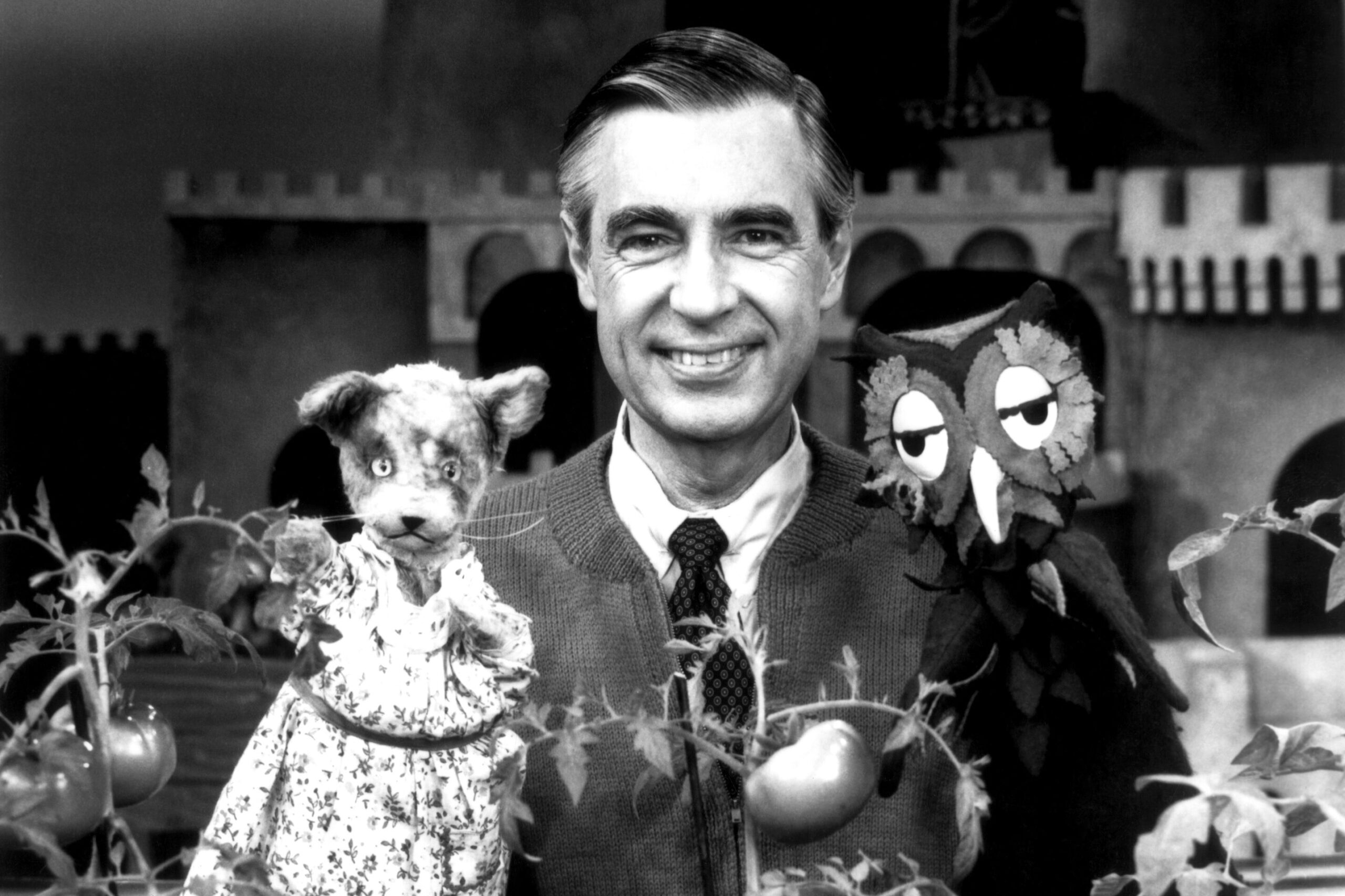
To millions, Fred Rogers was the embodiment of kindness, the gentle host of Mister Rogers’ Neighborhood who made every child feel safe. Off-camera, Rogers was far from a passive figure. He was deeply principled, intelligent, and quietly radical. He used his platform to address issues like racial equality and emotional health, often pushing boundaries that television avoided. He defended public broadcasting before Congress with firm conviction, proving that compassion could also be power. Beneath the calm voice and cardigans was a man of courage and faith, whose kindness was as deliberate as it was revolutionary.
22. Steve McQueen: The Rebel with Regrets
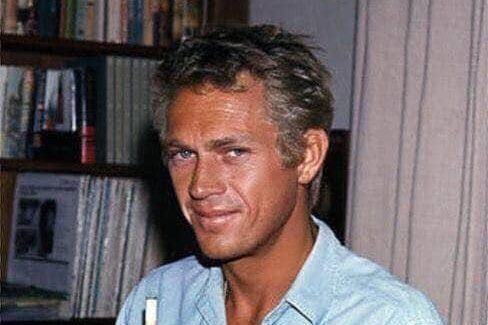
Steve McQueen defined cinematic cool, exuding confidence and independence in every role. Behind the image of the ultimate rebel was a man haunted by pain and insecurity. His difficult childhood left scars that shaped his need for control and his mistrust of others. Off-screen, he could be demanding and unpredictable, yet he also craved peace and simplicity. In his final years, as illness forced him to slow down, McQueen sought redemption and spirituality, far from Hollywood’s lights. The man who played fearless heroes spent his real life quietly trying to heal from the chaos that once defined him.
23. Betty White: The Sharp, Fearless Trailblazer
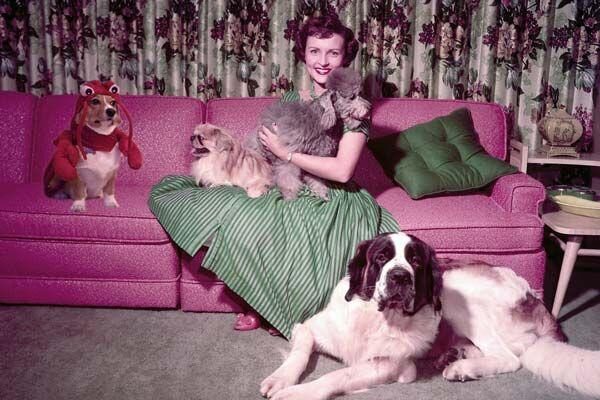
Betty White was cherished for her warmth and humor, a beloved figure who seemed effortlessly joyful. Off-camera, she was an intelligent, shrewd trailblazer who helped shape early television. She produced, wrote, and starred in her own shows when few women were allowed such control. Her sweet image often masked a sharp wit and progressive spirit that challenged stereotypes. She spoke her mind and used humor to disarm critics, all while building one of the longest, most respected careers in entertainment. Behind the grandmotherly smile stood a fearless woman who changed television simply by refusing to be underestimated.
24. James Dean: The Shy Perfectionist
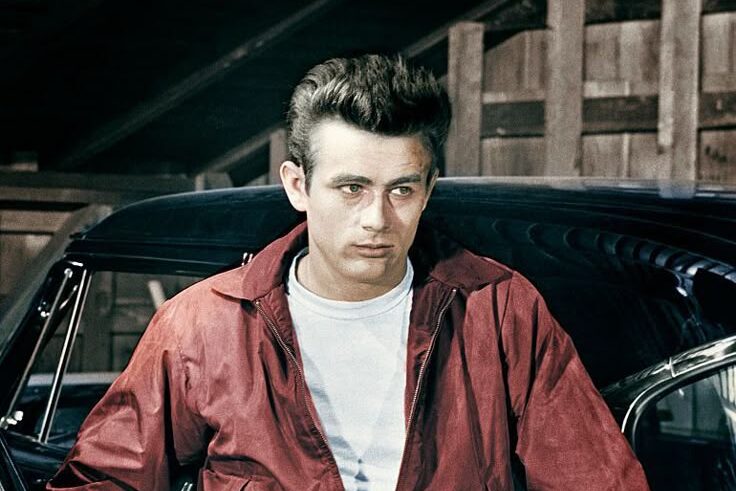
James Dean became the face of rebellion in the 1950s, his brooding presence captivating audiences. Yet, privately, Dean was shy, sensitive, and consumed by self-doubt. He obsessed over his craft, pushing himself and his directors to explore truth through art. His intensity on-screen reflected a deep inner turmoil off it, as he struggled to connect and find stability. Friends described him as both brilliant and lonely, withdrawn yet deeply curious. The rebel without a cause was, in reality, a quiet perfectionist searching for meaning in a world that never stopped watching. His myth began where his peace never did.
25. Audrey Hepburn: The Survivor’s Heart
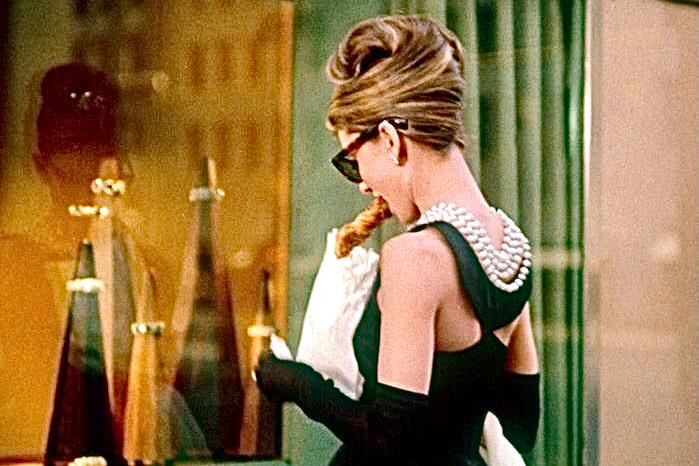
Audrey Hepburn embodied grace and charm, a timeless icon of elegance. Off-screen, her story was one of resilience and survival. As a teenager in Nazi-occupied Holland, she endured starvation and fear, experiences that shaped her lifelong empathy. After fame, she turned her focus to humanitarian work with UNICEF, dedicating herself to children in need. Those who knew her spoke of her humility and kindness, far from Hollywood’s vanity. The woman the world saw as flawless beauty was, at her core, a survivor who transformed her pain into compassion. Her legacy is measured not in glamour, but in grace.
26. Gene Kelly: The Charming Taskmaster
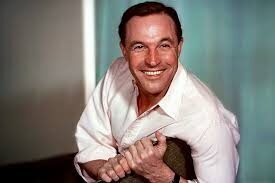
Gene Kelly made dance look joyful and effortless, redefining masculinity in motion. His charisma on screen masked the rigorous discipline and perfectionism that drove him. Co-stars remembered him as demanding, sometimes intimidating, yet also inspiring. Kelly believed dance was a serious art form and expected total commitment from everyone involved. His intensity came from passion, not cruelty, and his work ethic produced timeless magic. Away from the cameras, he was thoughtful, educated, and fiercely devoted to his craft. The smiling performer who danced through puddles was also a tireless director who demanded excellence to achieve pure joy.
27. Grace Kelly: The Discontented Princess
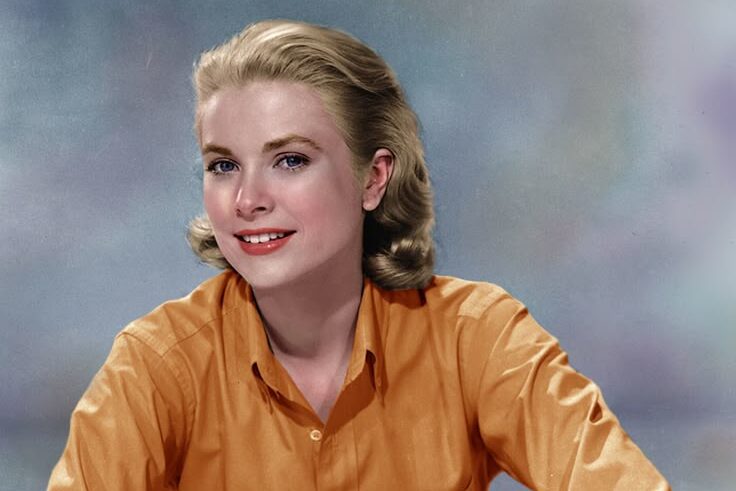
Grace Kelly’s life seemed like a fairy tale, from Hollywood stardom to royal status as Princess of Monaco. Yet behind the regal image was a woman who longed for freedom. After giving up acting, she often felt trapped by formality and isolation. Though devoted to her duties, she missed the creative fulfillment of her former career. Friends described her as introspective, sensitive, and quietly restless. Her marriage, celebrated around the world, was marked by distance and obligation more than romance. The perfect princess was, in truth, a woman who sacrificed her voice for a crown she never truly desired.
28. Robin Gibb: The Melancholy Bee Gee
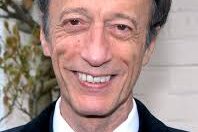
Robin Gibb’s haunting falsetto helped define the sound of the Bee Gees, yet his public success concealed deep emotional struggles. Among his brothers, Robin was the most sensitive, often withdrawn and introspective. He battled insecurities, creative clashes, and the pain of being overshadowed. His melancholy fueled his songwriting, giving the Bee Gees their emotional depth. Off-stage, he could be eccentric and unpredictable, driven by inner conflict. Despite fame, he remained haunted by loneliness and self-doubt. The man behind the soaring harmonies carried a quiet sadness that shaped his music and left a lasting, bittersweet beauty behind.
29. Elizabeth Taylor: The Business Strategist
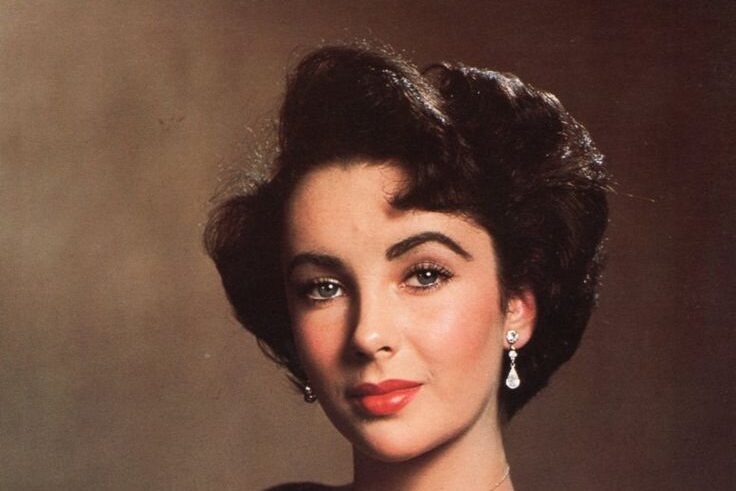
Elizabeth Taylor was known for beauty, glamour, and drama, both on and off the screen. Yet her private reality revealed a savvy businesswoman who mastered her own power. She negotiated record-breaking contracts, built a fragrance empire, and became one of Hollywood’s earliest female moguls. Her boldness extended beyond business into activism, as she became a pioneer for AIDS awareness when others stayed silent. Though the media focused on her marriages and jewels, Taylor’s true brilliance lay in her courage and intelligence. Beneath the diamonds and scandal lived a determined woman who turned fame into purposeful influence.
30. Johnny Carson: The Lonely King of Late Night
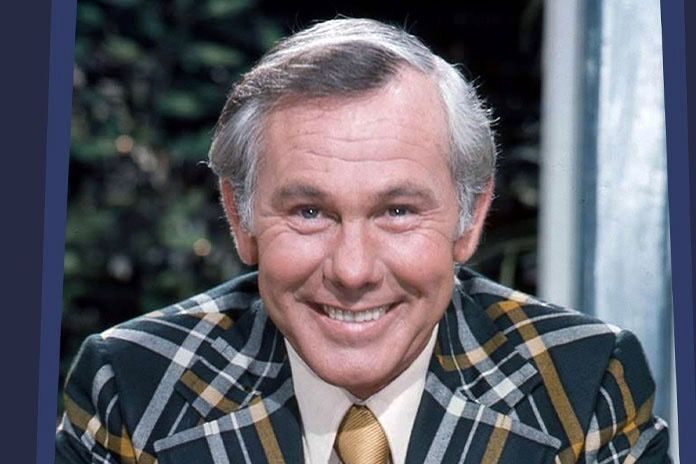
Johnny Carson made America laugh for decades as the charming host of The Tonight Show. Off-camera, however, his warmth faded into guarded isolation. He was a private, introspective man who struggled to connect emotionally, often retreating into solitude. His perfectionism and relentless drive left little room for relationships, resulting in multiple divorces and estranged family ties. Those close to him described a man both witty and wounded, capable of deep kindness yet unreachable. Carson’s smile on television hid a profound loneliness. The king of late night reigned over laughter while quietly battling emptiness behind closed doors.
31. Katharine Ross: The Quiet Rebel
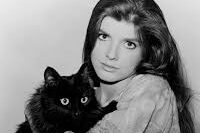
Katharine Ross became a symbol of understated beauty and intelligence in the 1960s. While many of her peers chased fame, she walked away from Hollywood’s spotlight by choice. Off-screen, Ross was private, grounded, and independent, often rejecting the superficiality of the industry. She valued her privacy and preferred life with her husband, actor Sam Elliott, to the noise of celebrity. Her calm defiance of Hollywood’s expectations made her quietly revolutionary. Ross proved that authenticity could be an act of rebellion and that true success sometimes meant stepping out of the spotlight rather than clinging to it.
32. Peter Sellers: The Man of Many Masks

Peter Sellers was a master of transformation, able to become anyone on screen. Yet privately, he struggled to understand who he truly was. Friends described him as mercurial, insecure, and emotionally unpredictable. He could shift moods without warning, sometimes charming, sometimes cruel. His genius as a performer came from the same restless energy that tormented his personal life. Sellers often said he felt most alive while playing someone else. Beneath the laughter was a man haunted by identity, searching endlessly for a self that only seemed to exist when the cameras were rolling.
33. Barbra Streisand: The Perfectionist Visionary

Barbra Streisand’s voice defined generations, but behind her talent was a visionary known for relentless control and precision. Every note, camera angle, and costume detail mattered to her. Co-stars described her as demanding, yet her drive came from devotion to excellence, not ego. She shattered barriers for women in entertainment by insisting on creative authority. Off-screen, she was introspective and loyal to a small circle of friends. Her confidence often masked vulnerability born from years of being underestimated. Streisand’s success was no accident; it was the result of discipline, self-belief, and a refusal to compromise artistic integrity.
34. John Lennon: The Contradictory Peacemaker
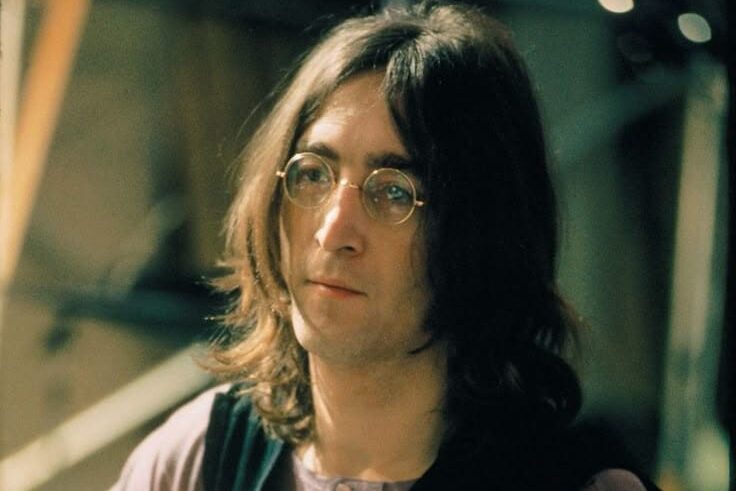
John Lennon inspired millions with messages of love and peace, but his personal life told a more complicated story. In his early years, he could be temperamental, jealous, and harsh toward those closest to him. Fame intensified his insecurities, and he often sought escape through drugs and self-discovery. Over time, Lennon confronted his flaws and tried to grow beyond them, finding new purpose in fatherhood and activism. The man who sang of a better world was still learning to make peace with himself. His contradictions made him imperfectly human, yet profoundly influential in his search for truth.
35. Judy Holliday: The Secret Intellectual
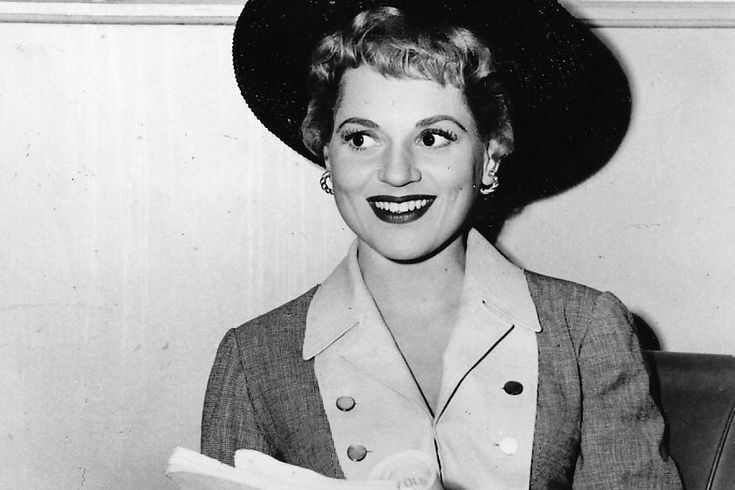
Judy Holliday became famous for playing charmingly naive blondes, but her off-screen intellect was extraordinary. With an IQ of 172, she was a writer, thinker, and political supporter of liberal causes. She deliberately used her comedic persona to protect herself during a time when outspoken women were often silenced. Behind her lighthearted performances was a woman who read philosophy, debated politics, and outsmarted her critics. She turned the stereotype of the “dumb blonde” into a disguise for survival. Judy Holliday’s laughter came from brilliance, not foolishness, making her one of Hollywood’s most misunderstood minds.
36. Anthony Perkins: The Haunted Gentleman
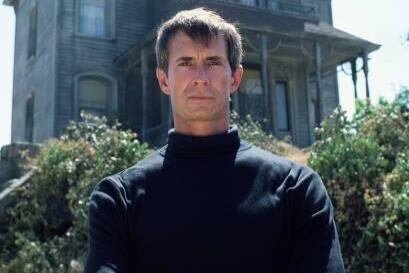
Anthony Perkins was best known as Norman Bates, one of cinema’s most chilling characters. Off-screen, he was gentle, polite, and painfully private. Living in a time when his sexuality could destroy his career, Perkins carried deep inner conflict. He struggled to reconcile his identity with the roles he was allowed to play. Friends described him as sensitive, intelligent, and often lonely. His restraint on-screen mirrored his emotional caution in life. The man who terrified audiences was himself haunted by fear and repression, a kind soul trapped by a world that never let him live freely.
37. Oprah Winfrey: The Wounded Healer
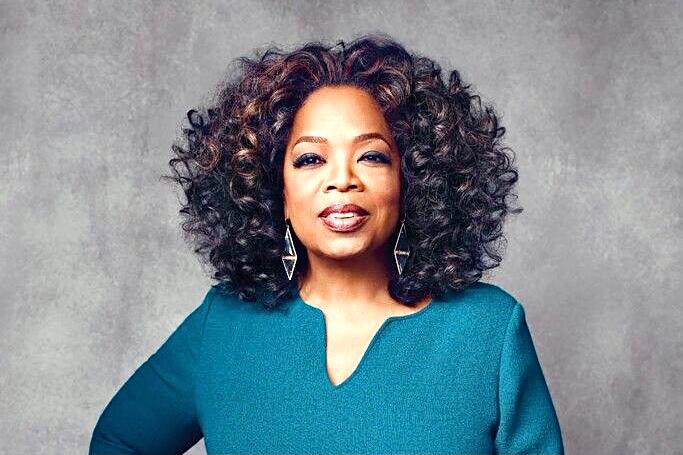
Oprah Winfrey became a global symbol of empathy, empowerment, and authenticity. Her rise from poverty and trauma to media icon inspired millions, but her strength was born from pain. Off-screen, she is introspective and guarded, balancing immense fame with solitude. She has spoken openly about her struggles with abuse, self-worth, and loss, using them to connect with others. Those who know her describe a woman deeply spiritual, disciplined, and devoted to self-improvement. The empathy she shares publicly stems from real scars privately healed. Oprah’s greatness lies in transforming suffering into wisdom that helps others rise too.
38. David Bowie: The Fearless Shape Shifter
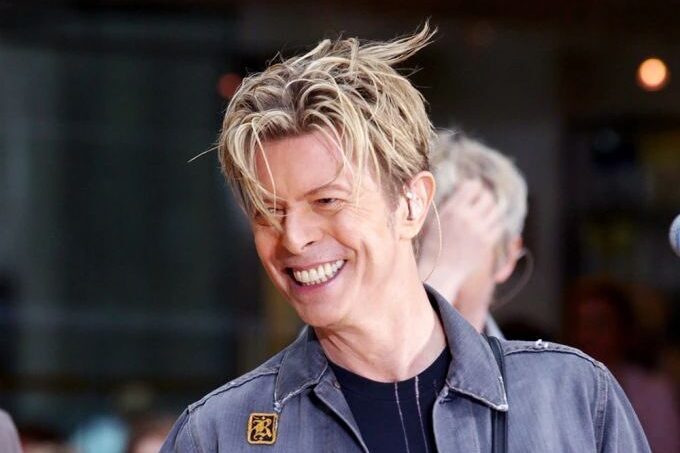
David Bowie reinvented himself with every era, captivating the world with bold creativity and fluid identity. On stage, he was otherworldly, fearless, and magnetic. Off-stage, Bowie was introspective, articulate, and surprisingly grounded. He viewed his personas as art, not disguise, exploring identity through music rather than escaping it. Friends described him as curious, kind, and business-savvy, managing his work with quiet discipline. Beneath the glitter and experimentation was a thinker who valued privacy and balance. The man who seemed inhuman on stage was, in truth, an artist fully aware of how to master both chaos and calm.
These 38 extraordinary stars remind us that the people we see on screen are rarely the full story. Some lived double lives of generosity and cruelty, others hid profound struggles behind brilliant smiles. In the end, their off-camera realities don’t diminish their legacies; they make them richer, more complicated, and undeniably human.
Which of these celebrity realities surprised you the most?
This story 38 Celebrities Who Were Completely Different Off-Camera was first published on Daily FETCH


